Who will tell your story? When the helmets are hung up and the boots returned. When the counter’s wiped down and the lights turned off, when the boxes are packed and the trucks on the road, who will remember what you did and why, to get by, to keep living, to keep the debt at bay for another day, week, month, or year?
In the world they want us to live in, most likely no one. Those that shrink the deficit are easy to lose, training their automated replacements or simply dying from a deliberate, pervasive neglect. Those that live, through a shrinking, of hopes and aspirations, life and standards of living. Because those that favor compromise never experience it themselves, shifting risk, blame, and pain to those they supposedly represent. KENTUCKY ROUTE ZERO, created by independent developers Cardboard Computer is about the bearers of that risk, the victims of those compromises, the shrinkers, the storytellers, the people who live and the strange world they’ve come to call home.
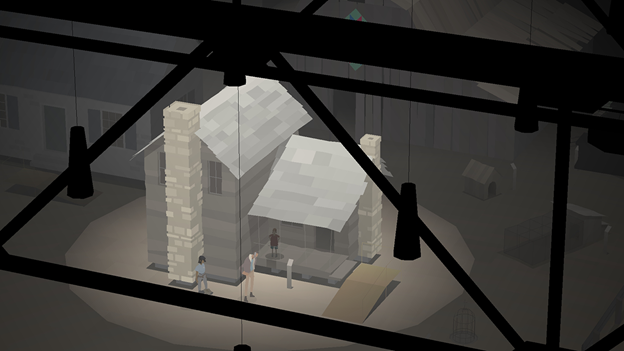
One of the many instances of the familiar being warped into the unfamiliar
To process the admitted hyperbole of those two paragraphs is to watch the construction of the stage KENTUCKY ROUTE ZERO is performed on. And watching that construction is critical, because it’s a large part of what makes the game so unique. Released over the course of several years in distinct “Acts,” evoking the game’s admitted fascination with stagecraft and playwriting, but also the quasi-formally standalone aspect of the gameplay in each section. KENTUCKY ROUTE ZERO wades a distinct path of gameplay through a river of influences and narrative. The game initially presents as a mostly straightforward point-and-click adventure game. You play Conway, a delivery man tasked with delivering antiques to “5 Dogwood Dr.” an address no one quite seems to know the actual physical location of. You speak to Kentucky locals at gas stations and other roadside stops, having idle chit-chat and fulfilling small requests, circling your destination but never quite getting the information you need to advance with any kind of confidence. What immediately separates KRZ (KENTUCKY ROUTE ZERO) is how these text-based scenes function. While other games highlight (rightly or wrongly) the importance and dramatic weight of “choices,” the line readings and narrative pathways this game features in scenes are mostly color. The broad story of KENTUCKY ROUTE ZERO is set, you as the player add the grace notes, navigating the themes of the game as you see fit, highlighting what’s important to you in the large concerns of the game. This gets complicated as the game advances and the world reveals just how strange it actually is. Soon speakers change mid-paragraph in the text, choices direct action rather than dialogue, responses reflect interior thoughts rather than actions taken and the straightforward way of interacting with the game shifts and shifts until it looks like something completely different than how it started.
Helping this process along were initially experimental “Interludes” between Acts. These were released for free online, and kept up some buzz around the game while offering something to the initial backers and allowing the developers to experiment with new technology and gameplay. They also broaden the scope of the world, introducing characters and concepts that would play a part in future Acts and offering alternative perspectives on the themes of the game. Many of the most striking moments of the game happen in these Interludes and it’s important not to understate the ways they helped the game evolve over time and the players’ understanding of the game change as they made their way through their play-through.
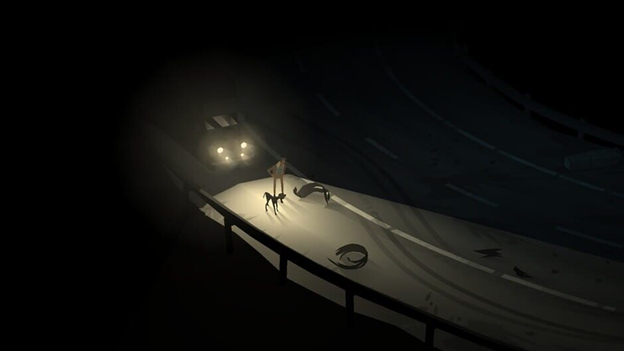
The staging of the game is dramatic, evolving from straightforward text and still images
This kind of evolution is important to KRZ, its world is one where adaptation has been continually forced on its characters. You adapt to keep your job or to continue living where you are, or you change as you succumb to illnesses physical and otherwise. The changes in the game are mostly refinements. The developers realized what their game was about, but also how the right mixture of text (rich text, this is a remarkably well-written game) and animation could evoke a compelling fictional space in the player’s mind. To take a detour, there are many ways the culture we enjoy takes up residence in our mind. The common understanding of film is that it works like a dream. Something about the large screen and fluid editing fully immerse you in something personal you only half-remember. Music is far more emotional, like huffing lyrical, emotional memories. Fine art is a hard drink you sip, taking in the visuals and how they play with the space over time. Novels most often are like reading recipes for food that your mind then cooks. KRZ combines a little bit of all three while adding interactivity, more directly linking you to the experiences on display. The effect in KENTUCKY ROUTE ZERO is some kind of ownership and affinity, along with the sense that by playing the game you are navigating some kind of system, who for one half is in disarray and the other half is working exactly as intended.
There are no clear antagonists in KRZ. There are large entities pursuing their own interests often to destructive ends, but they represent, in macro, the fallibility of humans (even as the game renders them entirely inhuman). The need to expand, to claim ownership, to protect oneself, to find a path of least resistance and how the choice to move that way is tantalizingly easy. Consolidation is a force at work in the world of KRZ and it can’t stop until everyone and everything is a part of its picture. This process eschews humanity and replaces it with exchange, transaction, and debt. Debt is woven into the fabric of this game. Literal debts and figurative ones, lives and businesses saved, injuries mended and the tremendous costs that come when the bill is due. Conway starts his journey with one partner, his loyal, old, hat-wearing dog Blue, but collects people along the way, initially because of shared interests, deals made that are meant to be honored, but eventually because people are naturally drawn together and kind people know when to stick around rather than float away. These include a television repairperson, a mysterious orphaned boy, two miners turned electronic musicians, and the crew of a lonely tugboat. Your interactions with these characters and the eventual opportunities you get to play them in the game are just one of the many ways that KRZ places you in the system it’s trying to explore and forces you to consider the different ways it impacts different people, even if their relationships were initially based around debt.
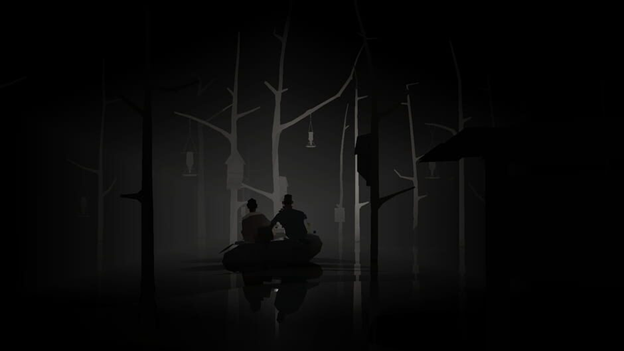
Player characters navigate confounding landscapes not unlike our own harsh reality
“The System” as one might already have guessed is our American one. The complex mix of exploitive economics, conservative culture, and heavy, cult-like buy-in that has created the world we live in today. This is capitalism, The American Dream, and whatever type of cowboy bootstrapping that happens to be en vogue at the time. It is a system designed to fail people and what’s most interesting about KENTUCKY ROUTE ZERO is how each Act and Interlude attacked that system from different angles and viewpoints, refining the game’s message over time while adding new elements as they went along. Seeing this happen is particularly striking given the current situation in the real world.
I finished KENTUCKY ROUTE ZERO right around when the danger of COVID-19 really became apparent in the United States. I think I remember reading some headlines of what was going on in China and the rest of Asia, but definitely downplayed it in my mind because past viral outbreaks had quickly been contained and forgotten about in the U.S., because though our system was flawed, there were some danger-averting advantages to having an international empire with doctors and resources stationed around the globe that could jump into action at a moment’s notice. But then the stories followed about how those kinds of defenses had largely been scrapped during the administrative turnover in 2016 and doctors and hospital administrators were concerned about what amount of strain the American healthcare system could really endure. Then there were the CDC announcements, the press conferences, mysterious and alarming PowerPoints shared on LinkedIn and the first cases on the West and East coasts. Then we sheltered-in-place. Then we lost our jobs.
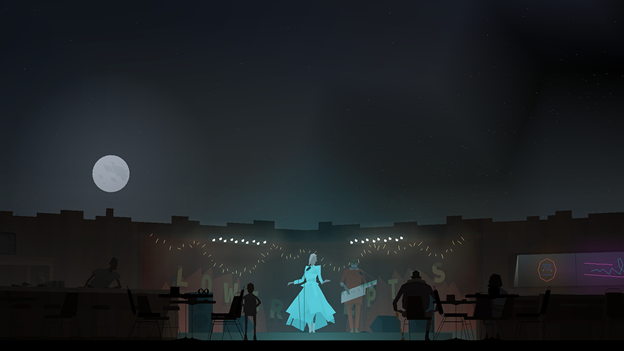
Even as the characters suffer tragedy, they find brief moments of relief
It’s not surprising, but still somehow remarkable, how quickly and thoroughly “The System” failed us, even those of us presumably on the “safe” end of the economic, social, and racial spectrum. More remarkable still is how no clear plan has been set to help people beyond some wired money, a few loose executive orders and the general recommendation to stay inside whenever possible. If KRZ allows us to navigate a faltering world where people still try to hope and get by, we in the real world are now several conversation trees down the path of what we’d traditionally consider to be the “bad ending” of a choose-your-own-adventure-style point-and-click game. This has laid the anger and romanticism of KRZ into starker relief. The game readily explains and understands the struggles of workers, the dangers of capitalism, and the flawed thinking of Americans, but it never fully directs that anger at the people responsible. The ones who favor compromise and stasis above all else. The game constructs obstacles and parties that could be viewed as “enemies,” but they are bodies made up of misguided victims rather than the ones in the real world who are run by people indifferent to them. The game soberly appreciates how those down-on-their-luck are often the first to jump into action to help others in need, in one of the game’s more elegant lines, “the unsteady steadying the unsteady,” but never comments how the best that’s often achieved from those interactions is survival, rather than transformation. What really can a game do but spread awareness? Highlight some aspect of a problem or idea and hope that the experience at leasts sticks with you after you finish playing. Informs your thinking in your real life. What best can we do but stay inside, donate money, share articles, and encourage our family and friends to take the problems facing us seriously, to remember the actions taken during this time above all else because of how they reveal how little is done and how much more we’re able to do?
To the people delivering aid to those suffering, whether it’s leaving groceries on your elderly neighbor’s doorstep or intubating a patient in a hospital, there is always more. KENTUCKY ROUTE ZERO, from the start of its development in 2008, in the shadow of our previous most recent economic crisis, to its final release in January of this year, 2020, has always had an exceedingly perceptive and elegant understanding of the things that haunt our lives. It is the crown jewel of independent games that intend to speak to the larger forces at work in the modern world. But with its completion, the addition of its final interlude and the trials and tribulations of 2020, it has taken on further meaning. The need to want and do more. Remembering is important, telling your story and the story of those you care for equally so. But as memory grows short and pain grows dull, doing something, anything, in the present, becomes the most impactful thing you can do. If we’re the ones who are to be forced to bear the weight and risk of our unstable world, then we should at least walk with that weight, struggle under it, until the time when together we can cast it off and for a moment, rest.



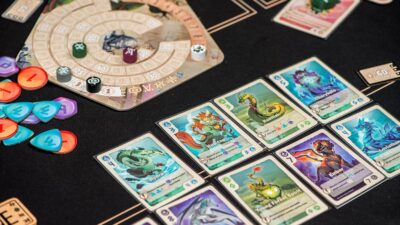
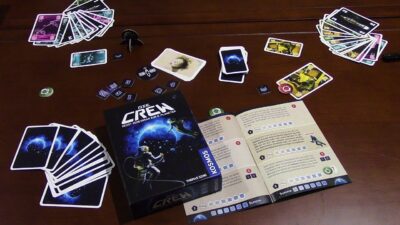
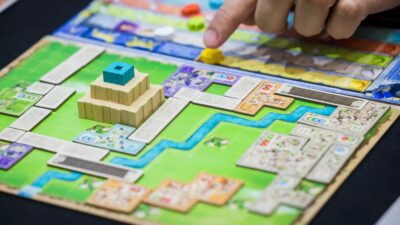
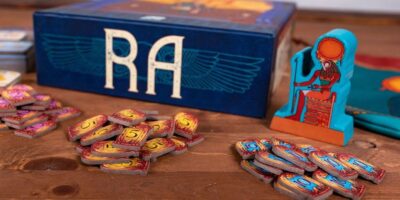
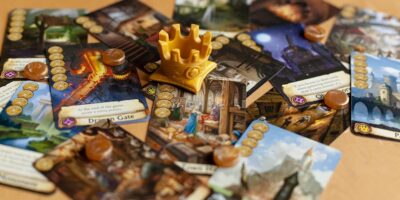
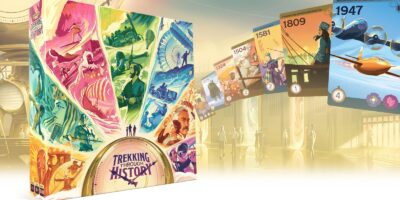

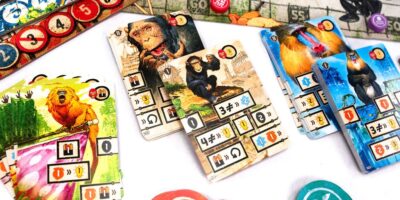
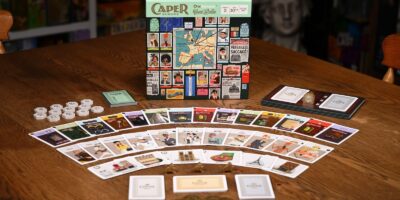


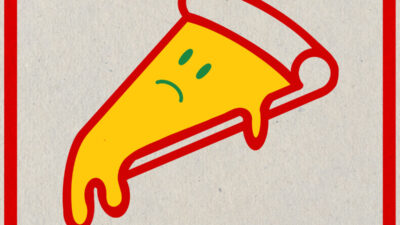
Comments